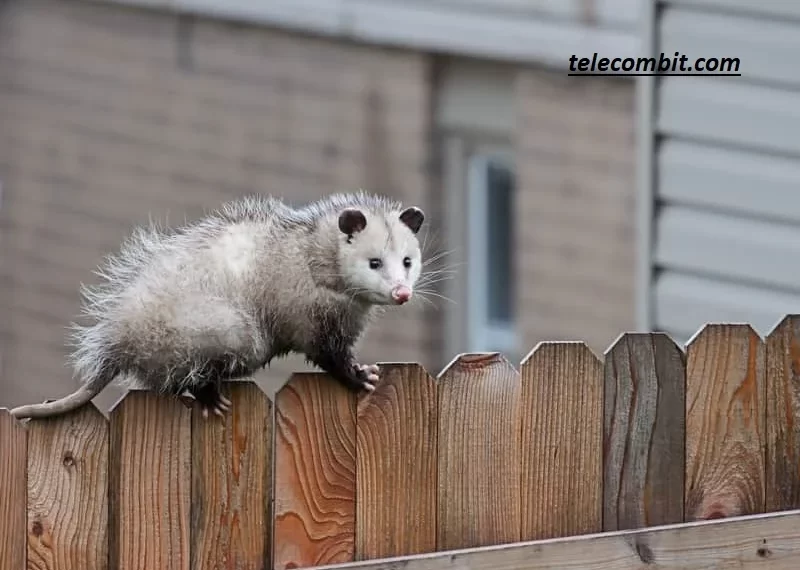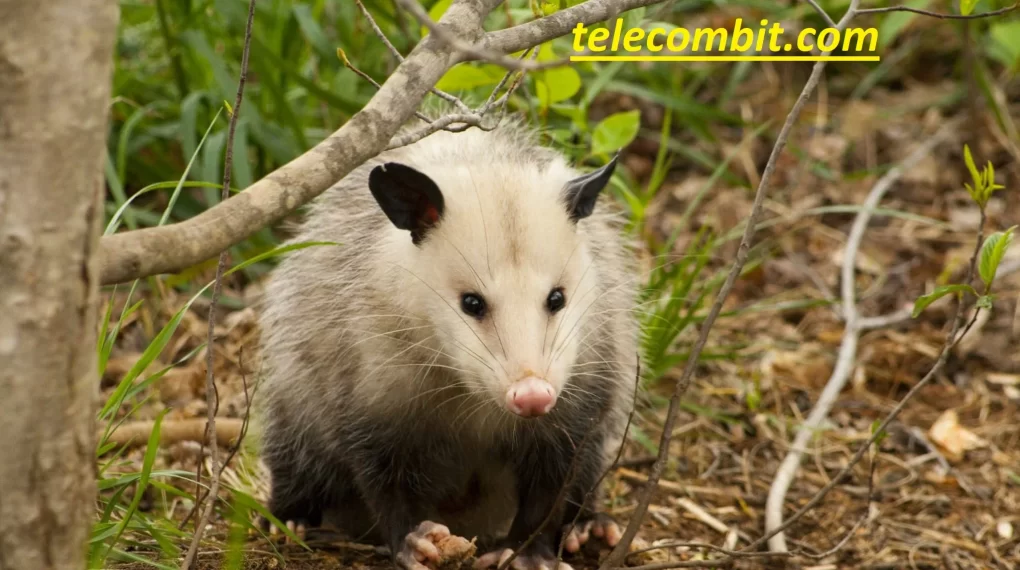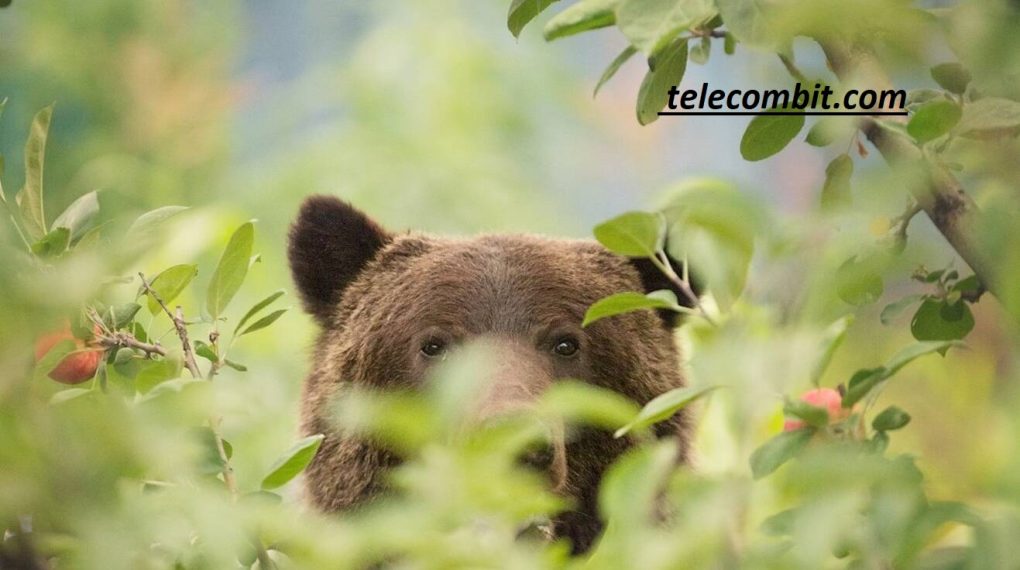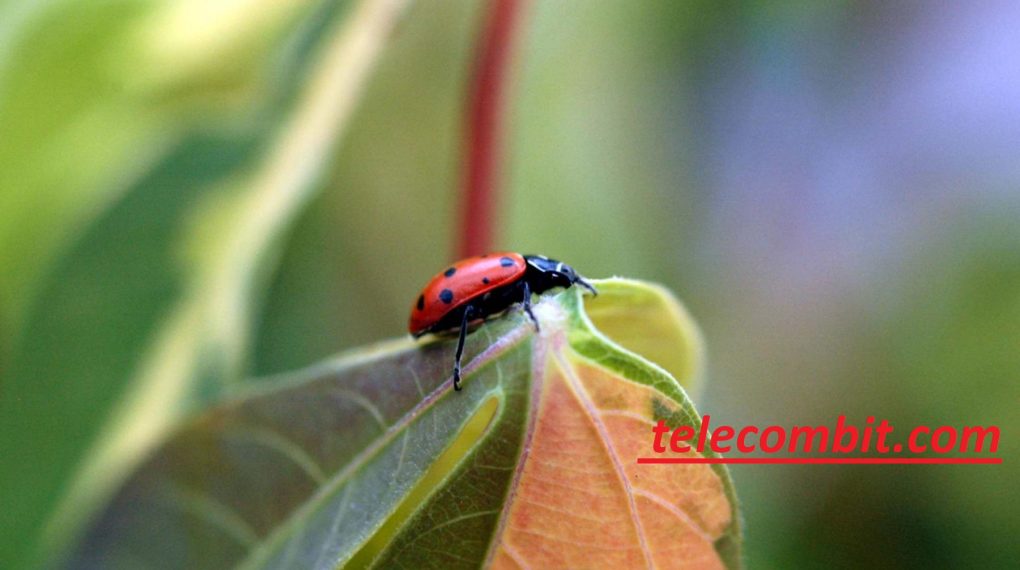How to Prevent Possums from Returning: Tips for Long-Term Control
Possums can be a persistent nuisance when they invade our homes and gardens. These nocturnal creatures, also known as opossums, are skilled climbers and can cause damage to property and gardens while searching for food and shelter. If you’ve recently dealt with a possum problem, you’ll want to take proactive steps to ensure they don’t return. In this article, we’ll discuss effective methods and tips for long-term possum control, helping you maintain a possum-free environment.

Understanding Possum Behavior
To effectively prevent possums from returning, it’s crucial to understand their behavior. Possums are primarily nocturnal and opportunistic feeders. They are attracted to easily accessible food sources and seek out dark, secluded spaces to nest. Possums are excellent climbers and can squeeze through small openings, making it essential to address entry points and eliminate attractants.
Also Read: Choose the Right Specialization in MSc?

Securing Entry Points
Possums can enter your property through gaps, holes, and loose vents. Conduct a thorough inspection of your home, paying attention to areas around the roof, eaves, and crawl spaces. Seal any openings with durable materials like wire mesh or metal flashing. Ensure that vents are covered with secure grates or screens. By securing potential entry points, you significantly reduce the chances of possums returning.

Removing Attractants

Possums are attracted to easily accessible food sources. Take steps to eliminate attractants by securing your garbage cans with tight-fitting lids and storing them securely. Avoid leaving pet food outside overnight and clean up fallen fruits or vegetables from your garden regularly. Consider using enclosed compost bins to prevent possums from being lured by food scraps. By removing attractants, you reduce the likelihood of possums returning to your property.
Utilizing Repellents
Repellents can be an effective tool in deterring possums. There are several natural repellents available that create an uncomfortable environment for possums. Ammonia-soaked rags, predator urine, or strong-smelling substances like garlic or chili powder can be placed strategically to discourage possum activity. It’s important to note that repellents may need to be reapplied regularly, especially after rainfall, to maintain their effectiveness.

Installing Possum-Proof Fencing

Installing possum-proof fencing can provide a long-term solution for keeping possums out of specific areas. Use sturdy materials like galvanized steel or wire mesh with small openings to create a barrier around your garden, valuable plants, or vulnerable areas. The fence should be at least 6 feet high and extend a few inches below the ground to prevent possums from burrowing underneath. Regularly inspect and maintain the fence to ensure its integrity.
Seeking Professional Assistance
If you’ve tried various preventive methods without success or have a severe possum infestation, it may be best to seek professional assistance. Wildlife control experts have the knowledge, experience, and tools to handle possum problems effectively and safely. They can assess your property, identify entry points, and provide tailored solutions for long-term possum control. Consulting with professionals can save you time, effort, and potential frustrations.

Creating a Distraction Strategy

In addition to preventive measures, creating a distraction strategy can help divert possums’ attention away from your property. Place feeders stocked with possum-friendly food, such as fruits or vegetables, away from your home and garden. By providing an alternative food source in a designated area, you can reduce the likelihood of possums searching for food in unwanted places.
Implementing Motion-Activated Devices
Motion-activated devices can startle and deter possums from entering your property. Install devices such as motion-activated lights, sprinklers, or noise-emitting devices in areas prone to possum activity. The sudden activation of these devices can disrupt their routine and make them think twice about returning.

Encouraging Natural Predators

Encouraging natural predators that prey on possums, such as owls, snakes, or certain dog breeds, can help keep possum populations under control. Provide shelter, nesting boxes, or bird feeders to attract these natural predators to your property. However, be cautious and ensure that any methods used to attract predators are safe and do not harm other wildlife or pets.
Monitoring and Maintenance
Once you’ve implemented preventive measures, it’s important to monitor and maintain them regularly. Regularly inspect your property for any new potential entry points or signs of possum activity. Check the integrity of fences, repellents, and motion-activated devices. By being proactive and addressing any issues promptly, you can maintain an effective possum control strategy in the long term.

Conclusion
By understanding possum behavior and implementing a combination of preventive measures, distraction strategies, and the assistance of professionals when needed, you can successfully prevent possums from returning to your property. Regular monitoring, maintenance, and adherence to local regulations are key to maintaining a possum-free environment. With these tips for long-term possum control, you can safeguard your home and garden, creating a harmonious living space for you and minimizing potential possum-related issues.





